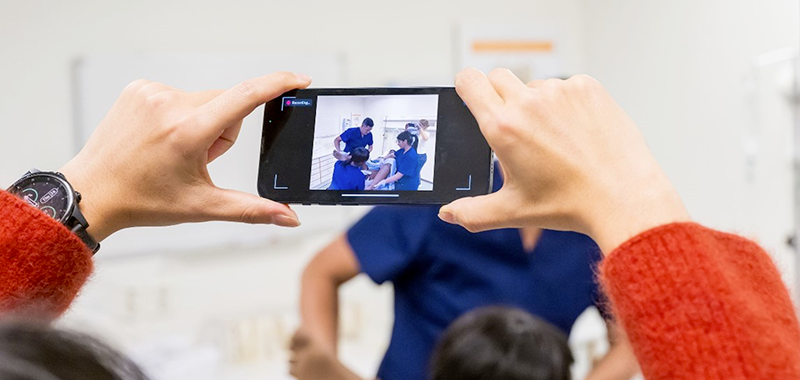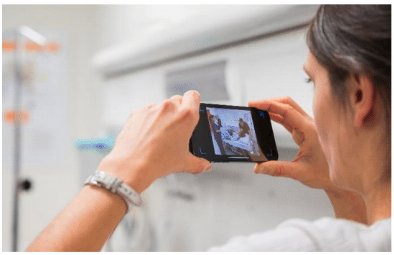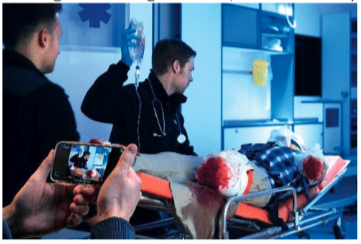
In the age of digital information, even training is now tied to the latest forms of video communication. Medical simulation centers in healthcare and academic institutions globally are increasingly incorporating audio/video recording, often integrated with state-of-the-art simulation software. The effectiveness of Video Assisted Debriefing (VAD) is supported by extensive research across various medical, nursing, and obstetrics curricula. The British Journal of Surgery has reported, “The addition of video feedback can improve the acquisition of surgical skills, and could be incorporated into formal surgical curricula.” Similarly, a recent article of the International Journal of Computer notes, “video is one of the most popular forms of educational media across the curriculum and plays an increasingly important role in classroom learning” .
The ability for learners to review key moments of simulations through data captured by simulators and video recordings facilitates deeper learning and skill internalization. There are many aspects that can be evaluated during debriefing including clinical team organization, patient communication, practical skills, priority setting, and more. Moreover, the feedback obtained during debriefings can guide learners in developing a more strategic approach to patient care, enabling them to refine their techniques and improve their overall performance. This methodical approach to simulation-based education, where every action and decision can be scrutinized in detail, paves the way for a more thorough understanding of the complexities of healthcare delivery. It provides a safe space for healthcare professionals to learn from their experiences without the risk of actual patient harm, bridging the gap between theoretical knowledge and practical application in real-world settings.
Laerdal Medical has been at the forefront of supporting this essential practice with SimCapture, a simulation software solution that combines audio/video recording with a Learning Management System (LMS). It is now employed by universities, hospitals, and simulation centers globally. SimCapture offers a dynamic experience by integrating video debriefing with evaluations, exams, checklists, and scheduling. Subsequent data analysis provides detailed insights into training sessions, enabling educators to identify strengths and areas for improvement.
Historically, utilizing SimCapture required fixed hardware setups within simulation centers. However, the demand for mobile and adaptable simulation capabilities has grown, particularly in emergency medicine training. Addressing this need, Laerdal developed the SimCapture Mobile Camera App, which allows use of the platform via mobile devices rather than traditional IP cameras.
The SimCapture Mobile Camera App has shown potential in various educational contexts. A 2023 study published in the Journal for Nurse Practitioners, titled “See It My Way: Patient-Perspective Video Capture Debriefing in Simulation” highlighted the benefits of patient-perspective video capture. This approach improved participants’ awareness of their communication skills by allowing them to view the simulation from the patient’s viewpoint. The participants had the opportunity to consider new dimensions of their engagement with the patient, including non-verbal cues like body language, tone of voice, and eye contact.
Another study in the Journal of Surgical Education recently highlighted the benefits of Video Assisted Debriefing for enhancing team skills. The study notes,” Video review with debriefing is an effective means of teaching team competencies and improving team function in simulated trauma resuscitation.” However, there are numerous scenarios where critical teamwork cannot be replicated within the confines of a simulation center. Consider the dynamics of emergency calls, resuscitation in busy public spaces, domestic interventions by 118, and, above all, patient transport in ambulances. Utilizing mobile devices with internet connectivity can capture the entire process from the incident site to the emergency department. This capability not only facilitates video debriefing but also enables real-time streaming and observation of the simulation.
In conclusion, the future landscape of medical simulation is poised for a transformative shift through the expanded use of Video Assisted Debriefing (VAD). As Laerdal Medical’s SimCapture and its Mobile Camera App demonstrate, the integration of video technology into simulation-based education offers an unprecedented opportunity for learners to engage in reflective practice and skill refinement. The potential for VAD to enhance learning outcomes is immense, particularly as it allows for the analysis of complex interactions and procedures in a variety of settings—from the simulation lab to the real-world environment. Looking ahead, the continued advancement of video capture technology promises to play a pivotal role in the evolution of medical training, enabling more nuanced and effective debriefing sessions that can adapt to the dynamic nature of healthcare. Laerdal Medical is at the vanguard of this progress, ensuring that the healthcare professionals of tomorrow are prepared to meet the challenges of patient care with confidence and competence.
Written by Leonardo Finzi and Claudia Guarneri from Laerdal





